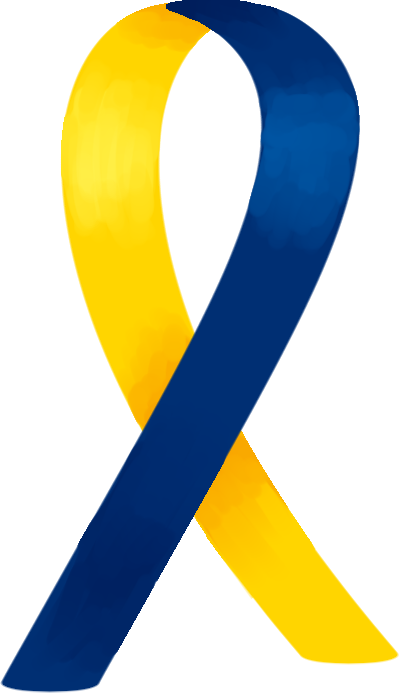Chris Kaposy marks World Down Syndrome Day with examples of leadership and artistic accomplishment by people with Down syndrome.
__________________________________________
In 2018, Judge Brett Kavanaugh was seeking confirmation to the US Supreme Court. Kavanaugh was in some trouble, having been accused of committing sexual assault while he was in high school. Kavanaugh defended himself with an impassioned speech before the Senate Judiciary Committee. In his defense, Kavanaugh outlined highlights from his high school resumé, while fending off interruptions from hostile Senators:
I – I played sports. I was captain of the varsity basketball team. I was wide receiver and defensive back on the football team. I ran track in the spring of ’82 to try to get faster. I did my service projects at the school, which involved going to the soup kitchen downtown – let me finish – and going to tutor intellectually disabled kids at the Rockville Library.
The goal of this story was, of course, for Judge Kavanaugh to present an alternative version of his life decades prior, when he was a high school student – to present himself as a virtuous and well-rounded All-American teenager, contrary to the sexual assault allegations. The intellectually disabled kids at the Rockville Library had a minor role in this tableau, brought in to the speech as though to show Kavanaugh’s basic humanity, while he sought admission to the highest court in the land. Who knows whether these kids, now long grown into adulthood, would have supported Kavanaugh’s candidacy for the court.
The kids at the Rockville Library were deployed in this moment of high political drama to help the powerful seek greater power. Their stories were told to make a political point – to suggest to senators that Kavanaugh as a young man was not so bad after all. He was kind to kids who needed additional help with learning. Stories like this about people with intellectual disabilities are often told by others, for the benefit of others.

Photo Credit: Creative Commons. Image Description: A yellow and dark blue ribbon that is used to raise awareness for Down syndrome.
Recently, Mar Galcerán, a 45-year-old woman with Down syndrome was elected to the regional assembly in Valencia, Spain. She is the first person with Down syndrome to become a member of a regional or national parliament in Spain, likely in all of Europe as well. Galcerán follows in the footsteps of others with Down syndrome who have been elected to city council and other public offices elsewhere in Europe. By obtaining a parliamentary seat, Galcerán, who has long advocated for people with Down syndrome, is someone who can tell her own story, from her own position of political power.
Along with her fellow leaders who have Down syndrome, Galcerán is part of a renaissance of people with the condition who have gained political and cultural influence. Further examples include Otto Baxter, from the UK, who has been described as a “visionary” filmmaker. Miguel Tomasín from Argentina is a prolific professional musician with the band Reynols. Grace Reber is an American artist with a business selling her work online. There are many more. Rather than being the subject of stories used to advance the careers of others – powerful people with their own political agendas – these people living with Down syndrome are in a position to offer their own vision of the world through their artistic work.
A century and a half ago, people with Down syndrome could only be expected to live, on average, less than ten years. That life expectancy doubled by the 1960s, which was still a pretty dismal fate. The history of Down syndrome during the twentieth century was marked by institutionalization, discrimination, and medical neglect, but somehow it is also a history of progress alongside the intermittent periods of darkness. Today, people with Down syndrome have a life-expectancy of more than 60 years. There is still much work to be done to increase life expectancy further. But we know that these gains were achieved, lives became longer, and people with Down syndrome began to thrive when we invested in improvements in health care, in education, in inclusion in the workforce, and in overall social inclusion. This is to say that the lives of people with Down syndrome have extended and improved because we have recognized and treated them as valuable in themselves, not just as instrumental bit-players in the lives of others. Among the most impactful things we can do to improve the lives of people with Down syndrome and other intellectual disabilities is to empower them to be able to speak for themselves. To that end, today on World Down Syndrome Day, I recommend exploring the work of creators like Baxter, Tomasín, and Reber, and celebrating the accomplishments of leaders like Mar Galcerán.
__________________________________________
Chris Kaposy is an Associate Professor at the Memorial University Centre for Bioethics, and an editor of the Impact Ethics blog. He is author of The Beautiful Unwanted: Down Syndrome in Myth, Memoir, and Bioethics. On Mastodon @ChrisKaposy@mindly.social



